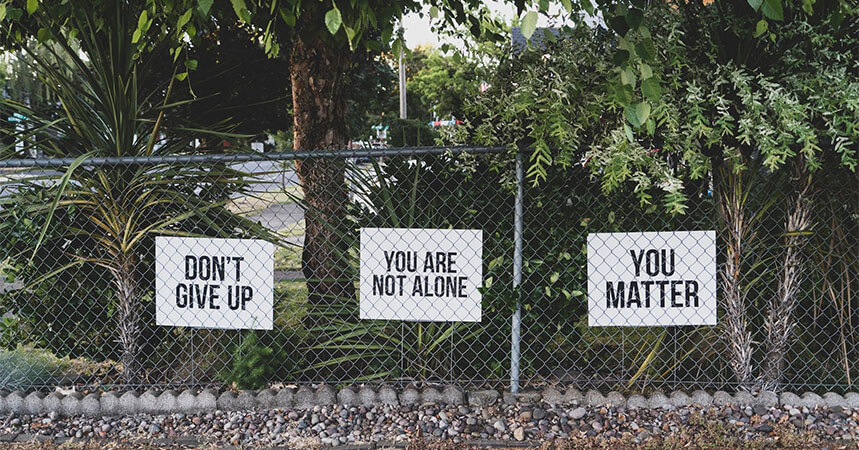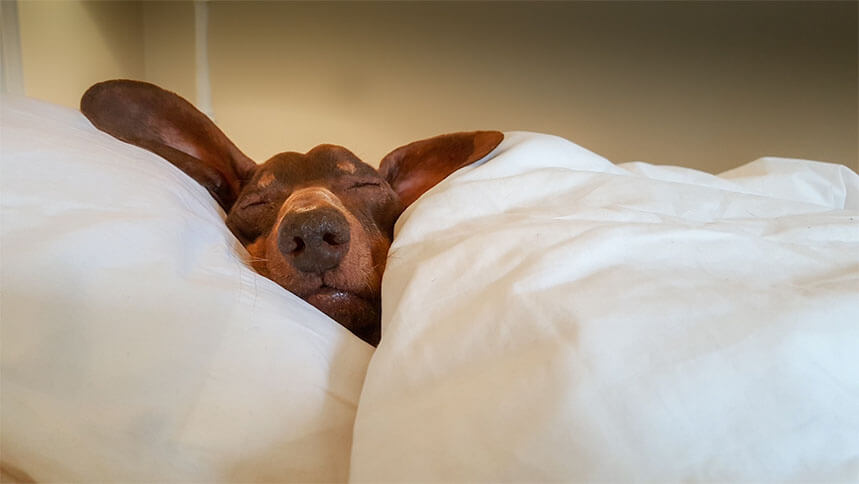Can Better Sleep Boost Your Immune System?
In the wake of the pandemic, coronavirus, taking over the world, we take a look at how sleep affects the immune system. It is not enough to merely stay clean or social distance yourself, rather is it very important to also get adequate hours of sleep every night to stay healthy. For, studies show that lack of sleep or chronic sleep deprivation can weaken your immune system and make you fall sick easily.
Sleep Boosts T Cells
The immune cells known as the T cells essentially fight against viruses that causes flu or fever.
According to one such study, the effectiveness of T cells between people who sleep well and people who stay awake was observed. The study concluded that the T cells are more active in people who get proper sleep every night. This is because, when the person is awake, stress hormones are running high. This disallows the T cells to perform to the fullest. On the other hand, people who sleep the adequate hours every night have lowered stress levels, which enables the strengthening of the T cells to fight off infections.
So, how do T cells fight off infection? The T cells have a sticky protein that latches on to the virus and kills it. Among people who suffer from insomnia or other sleeping problems, the sticky protein is not strong enough to latch on to the virus and therefore, is unable to kill it.
Sleeplessness Increases the Risk of Sickness
According to the Mayo Clinic website, sleeplessness or chronic sleep deprivation increases the risk of falling sick easily. The immune system has groups of proteins called cytokines. These cytokines play an essential role in fighting infections and inflammations, and these groups of proteins are produced only during sleep.
Therefore, when a person is suffering from sleep-related problems, the immune system produces lesser cytokines and lower the levels of cytokines, higher the chances of easily catching an infection.
Sleep Boosts the Immune System as a Whole
Doctors recommend sleeping for eight hours every night. People who sleep less than five hours every day, or people who sleep for less than eight hours for consecutive nights, start showing similar effects of a weak immune system, in comparison to people suffering from sleep induced problems.
Similar to how the brain clears toxins and creates space for the next day during sleep; the body distributes energy to the immune system during sleep to fight any attacks the next day. Through this, sleep restores the energy to stay productive and healthy.
In addition to strengthening the T cells and producing cytokines, sleep helps the immune system remember the germs or viruses that attack your body so immunity can be developed for any future attacks. This can effectively be done when you get the whole eight hours of sleep every night. Therefore, without adequate sleep, the body could break down the immune system tolerance, also triggering autoimmune disease in the longer run.
In conclusion, sleep plays a critical role in boosting immunity against germs and virus. Without sleep, the immune system takes a compromise which can make you fall sick easily. If you are unable to sleep eight hours every day, take half an hour nap during the day to be more active, and less groggy.












